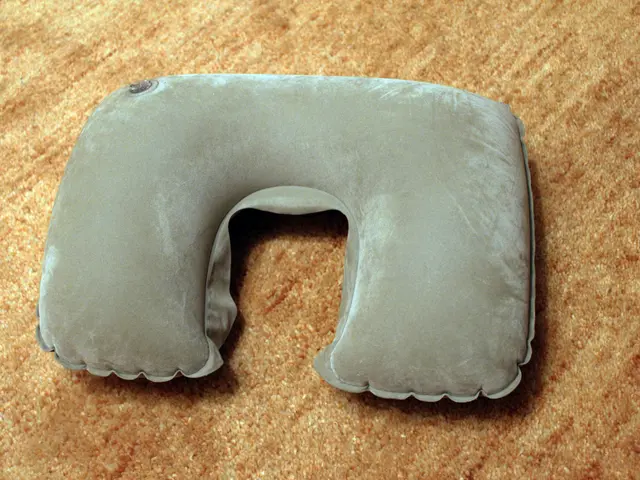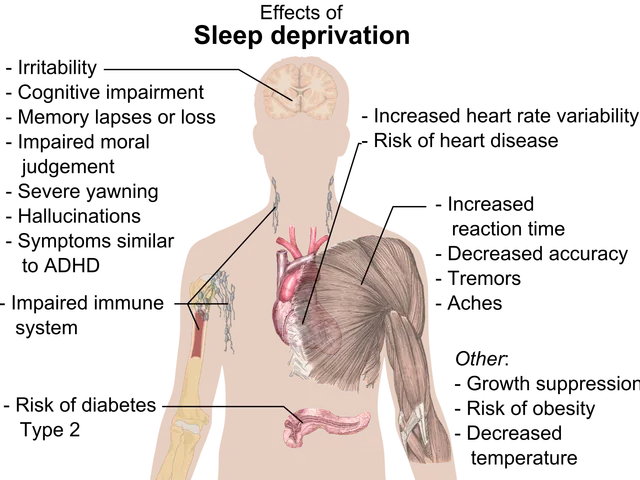Radiologic, MRI Technologists in High Demand, Median Salary $78,980
Radiologic and MRI technologists, who operate complex medical imaging equipment, are seeing a steady rise in demand. Their median annual salary reached $78,980 in 2024, with an hourly wage of $37.97. This career is projected to grow by 5% from 2024 to 2034, slightly faster than average.
Bachelor's degrees in radiologic technology equip students with skills to operate X-ray machines, ultrasound devices, and MRI scanners. These programs often require a minimum GPA of 3.0 and include clinical internships for hands-on experience. The average tuition at a four-year in-state university was $9,750 in 2022-2023, with private schools averaging $35,248.
In Germany, related studies like Medical Technology or Medizintechnik are common, while explicit Radiologic Technology Bachelor's programs are rare. Some universities offer 'Radiologietechnik' or 'Medizinische Radiologietechnologie' as Master's degrees for those with prior vocational training. Austria, however, does offer specific Radiologic Technology Bachelor's programs. When choosing a degree, consider programs accredited by the Joint Review Committee on Education in Radiologic Technology. A radiologic technology degree can lead to careers in sonography, cardiovascular technology, and MRI technology.
With a median salary of $78,980 and a projected job growth of 5% from 2024 to 2034, radiologic and MRI technologists are in high demand. Bachelor's degrees in radiologic technology, along with relevant clinical experience, prepare students for a variety of careers in medical imaging.








